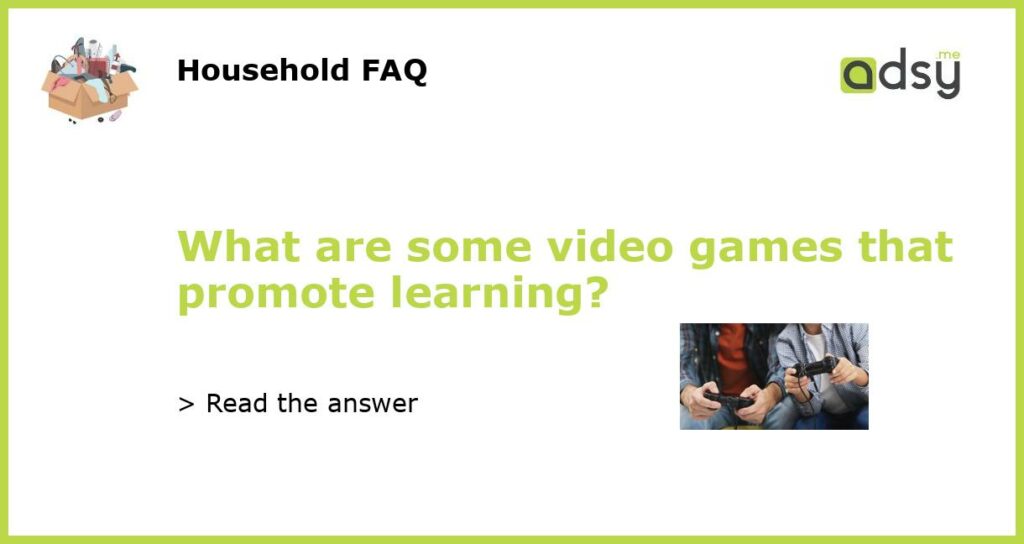Minecraft: Building Creativity and Problem-Solving Skills
Minecraft is a popular sandbox video game that offers an immersive and open world where players can unleash their creativity and problem-solving skills. The game allows players to build and explore virtual worlds made up of blocks, enabling them to create structures, mine resources, and survive various challenges.
One of the key aspects of Minecraft is its educational value. It promotes learning in various subjects, including science, math, architecture, and history. Players can use the game to develop critical thinking skills by planning and executing complex building projects. They can also learn about environmental sustainability by utilizing in-game resources responsibly.
In addition, Minecraft offers educational versions, such as Minecraft: Education Edition, which is specifically designed for classrooms. This version includes features that enable teachers to incorporate lessons and activities into the game, making it an excellent tool for interactive and engaging learning experiences.
Kerbal Space Program: Exploring Physics and Engineering
Kerbal Space Program is a spaceflight simulation game that provides players with a realistic and entertaining experience of space exploration. In the game, players take on the role of a space agency director and are tasked with designing and launching rockets, orbiting celestial bodies, and exploring the vastness of space.
This game promotes learning in various STEM (science, technology, engineering, and mathematics) subjects, particularly physics and engineering. Players have to understand and apply the laws of physics to design rockets that can achieve orbit and complete missions. They also learn about concepts such as thrust, velocity, and gravitational forces.
Kerbal Space Program provides a hands-on approach to learning and encourages players to think critically, problem-solve, and collaborate. It offers a sandbox mode where players can experiment with various rocket designs and test their creations in a realistic and simulated environment.
Civilization VI: Developing Historical and Strategic Thinking Skills
Civilization VI is a turn-based strategy game that allows players to build and lead a civilization from ancient times to the modern era. The game incorporates elements of history, diplomacy, culture, and warfare, offering players a dynamic and immersive experience in world history and civilization development.
By playing Civilization VI, players can develop their historical knowledge and strategic thinking skills. They have to make decisions and manage resources to build cities, research technologies, form alliances, and wage wars. The game provides a platform for understanding the consequences of historical events and exploring different approaches to problem-solving.
Civilization VI also encourages critical thinking and decision-making by presenting players with complex scenarios and ethical dilemmas. It challenges them to consider the long-term consequences of their actions and weigh the benefits and drawbacks of different strategies.
Typing Games: Enhancing Typing Skills
Typing games are a fantastic way to improve typing skills while having fun. These games often feature engaging and interactive elements that motivate players to type quickly and accurately. They can be particularly beneficial for children learning to type or individuals looking to increase their typing speed and efficiency.
Online platforms such as Typing.com offer a wide range of typing games that cater to different skill levels and interests. These games often involve challenges, competitions, and rewards, making the learning process enjoyable and rewarding.
Typing games typically include lessons and exercises that focus on specific skills, such as touch typing, proper finger placement, and accuracy. They provide immediate feedback on typing speed and accuracy, allowing players to track their progress and identify areas for improvement.
SimCity: Understanding City Planning and Management
SimCity is a city-building simulation game that allows players to design, create, and manage their own virtual cities. The game provides a realistic and dynamic environment where players have to balance various factors, such as zoning, infrastructure, and resource management, to build thriving and sustainable cities.
SimCity promotes learning in the field of urban planning and management. Players have to consider factors like population growth, transportation, pollution, and economic development to create functional and efficient cities. They need to understand the interdependencies of different elements and make informed decisions to address the needs of their citizens.
The game offers insights into the challenges and complexities associated with urban planning and provides a platform for experimenting with different strategies and solutions. SimCity encourages critical thinking, problem-solving, and creativity in creating and managing virtual cities.






